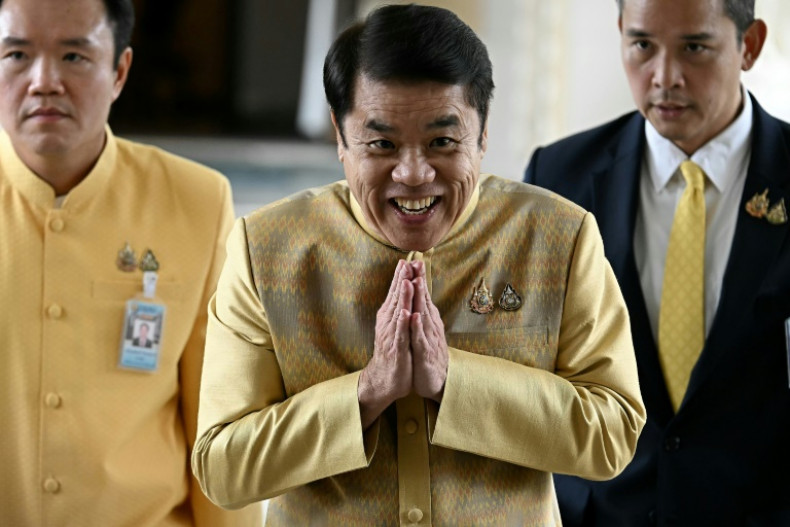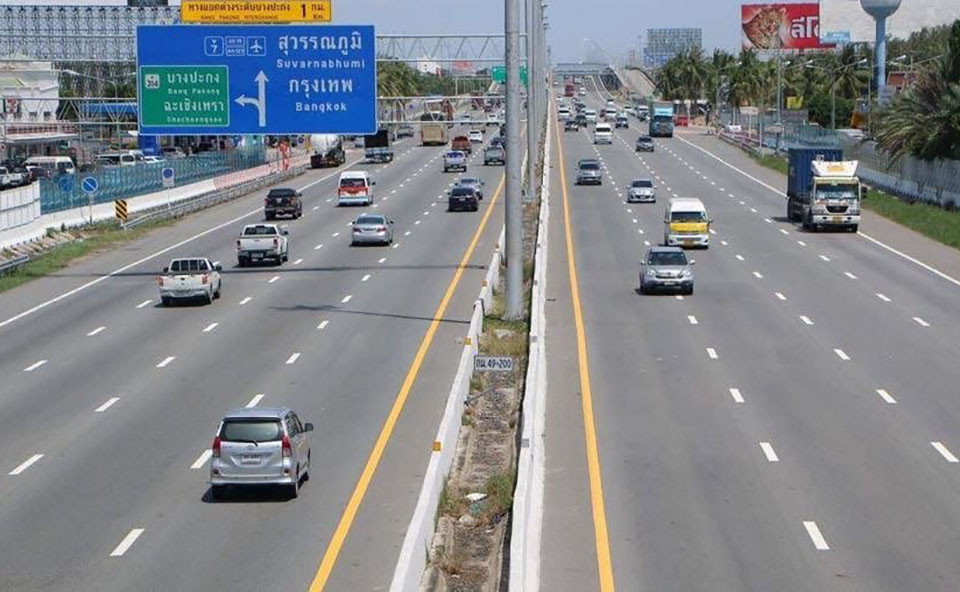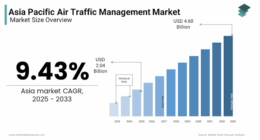Economic Indicators Signal Challenges
Negative Inflation Continues
Thailand’s annual inflation rate recorded a negative value for the fourth consecutive month in July 2025, dropping by 0.7% compared to the previous year, according to the Commerce Ministry. This decline, steeper than the anticipated 0.4% decrease, marks the fifth straight month below the Bank of Thailand’s target range of 1.0% to 3.0%. The ministry attributed the downturn to falling energy prices, including gasoline, diesel, and electricity, alongside lower costs for fresh produce, yet emphasized that the economy is not experiencing deflation.
Core Inflation Holds Steady
Factors Driving Price Trends
Despite the negative headline inflation, the core consumer price index, which excludes volatile food and energy prices, rose by 0.84% in July from a year earlier, slightly below the expected 0.9% increase. Poonpong Naiyanapakorn, head of the Trade Policy and Strategy Office, highlighted that core inflation’s consistent rise indicates stable underlying price pressures. The ministry projects a similar trend for August, with the third-quarter consumer price index expected to decline by 0.5%, driven by non-demand-related factors like oil and agricultural prices.
No Deflation Concerns Raised
Demand Not a Factor
The Commerce Ministry clarified that the negative inflation readings do not signal deflation, as they stem from external factors rather than weakened demand. Poonpong noted that assessing deflation requires examining demand dynamics, which remain stable. The Bank of Thailand, set to review interest rates on August 13, maintained its key rate at 1.75% in June to preserve policy flexibility for economic growth. This cautious approach reflects the central bank’s strategy to navigate global trade challenges, including US tariffs, while supporting Thailand’s economic resilience.
Yearly Forecast Maintained
Inflation Outlook for 2025
For the first seven months of 2025, Thailand’s headline inflation averaged 0.21%, with core inflation at 0.95%, according to ministry data. The Commerce Ministry upheld its 2025 headline inflation forecast of 0.0% to 1.0%, anticipating that government stimulus and stronger economic growth will help stabilize prices. As Thailand grapples with external pressures like fluctuating energy costs and trade uncertainties, the ministry’s focus remains on monitoring price trends and supporting businesses to maintain competitiveness in a challenging global market.









